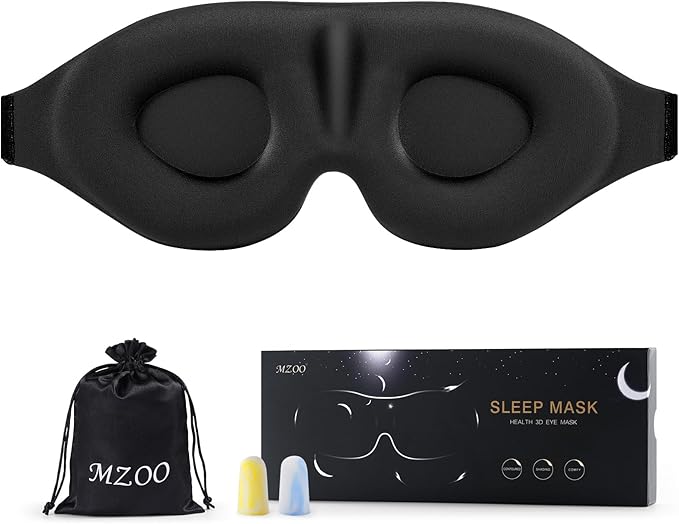Clonidine, often prescribed for high blood pressure, ADHD, and anxiety, works in a fascinating way within your body. It's not about directly affecting your heart, but rather influencing your brain!
Think of your nervous system as having highways for sending signals. Clonidine is like a traffic controller at certain points in the brain, specifically at alpha-2 adrenergic receptors. By stimulating these receptors, clonidine reduces the release of norepinephrine, a neurotransmitter responsible for the "fight-or-flight" response.
Less norepinephrine circulating means blood vessels relax, lowering blood pressure. In ADHD, it can help improve focus and reduce impulsivity by calming the overactive nervous system. Similarly, it can ease anxiety symptoms by decreasing that feeling of constant hyper-arousal.
It's crucial to remember that clonidine's effects are complex and individual. Always consult your doctor to understand if it's the right medication for you and to manage any potential side effects.




